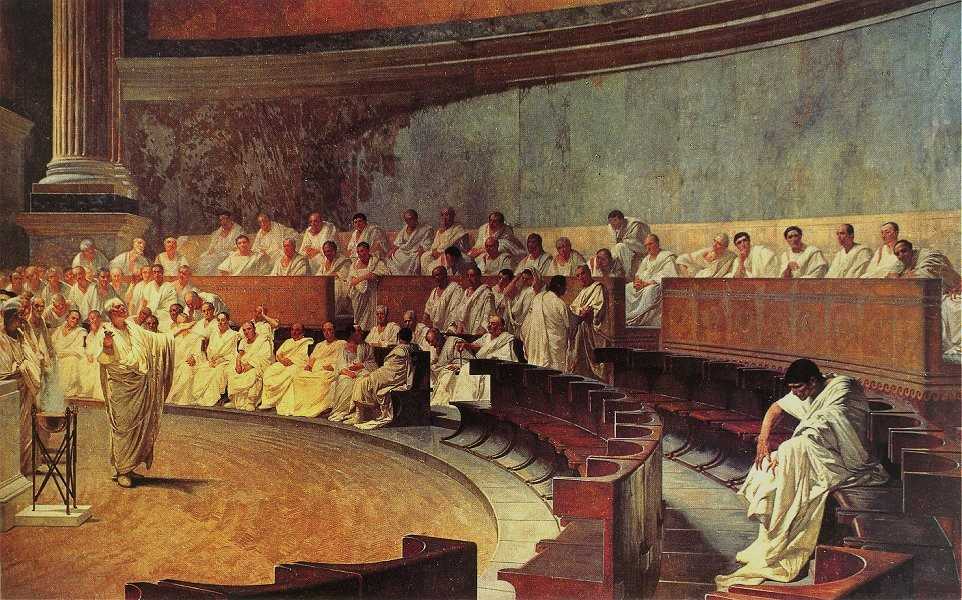From the start of the upcoming school year, a new subject, Latin and the culture of classical antiquity, will be added to the core curriculum as an option for students in the first year of secondary school. In a separate change, children are also to be instructed in environmental protection.
“The aim is to show students the impact of the Latin language and the culture of Greco-Roman antiquity on the European languages and culture of later centuries,” reads the regulation that introduces the subject.
This includes “understanding Greco-Roman heritage as the conceptual and material foundation of Western civilisation and Polish culture”, as well as “awareness of the long-lasting endurance of the values engendered on the basis of Greek and Roman cultures, enriched by the Judeo-Christian element”.
“The core curriculum treats Latin as a kind of code that the European elite has used for centuries,” says the regulation, which stipulates that, at the end of the course, students are expected to be “equipped with the tools to read simple Latin texts”.
✒️Uzupełniliśmy podstawę programową w zakresie podstawowym o przedmiot język łaciński i kultura antyczna. Będzie on mógł być realizowany w klasie I #liceum i #technikum jako przedmiot do wyboru. Na realizację przedmiotu jest jedna godzina tygodniowo.➡️https://t.co/nR38v5otHA pic.twitter.com/AAelM7AmRN
— Ministerstwo Edukacji Narodowej (@MEN_GOV_PL) July 20, 2020
Although the subject has now been added to the core curriculum (podstawa programowa) for children entering secondary school (at around 15 years of age), not all students will end up studying Latin, notes Dziennik Gazeta Prawna.
It is one of four subjects – alongside philosophy, art and music – that the school principal must choose from. Only one is selected and pupils study it for only one hour per week.
Latin had previously only been available as an extended-level subject for students to study across their four or five years of secondary education and was not part of the core curriculum, reports NaTemat.
The subject is one of the least popular among pupils for high-school graduation exams (matura), notes Polskie Radio. Last year, only 144 students in the whole country took a matura exam in the subject.
In another change to the school programme that will be introduced from the start of the new school year, children are to be taught more about protecting the climate.
Last month, the education ministry announced that, during weekly class tutorials (godziny wychowawcze), teachers will have to instruct pupils in both primary and secondary schools about “important social issues” such as health, finances and environmental protection.
“Due to the civilisational challenges of today’s world and the threats related to this, educators [should] pay special attention to instilling knowledge on the subject of protecting the climate, emphasising the benefit of knowing the law in everyday life, and managing financial resources, including savings,” wrote the ministry.

Daniel Tilles is editor-in-chief of Notes from Poland. He has written on Polish affairs for a wide range of publications, including Foreign Policy, POLITICO Europe, EUobserver and Dziennik Gazeta Prawna.




















